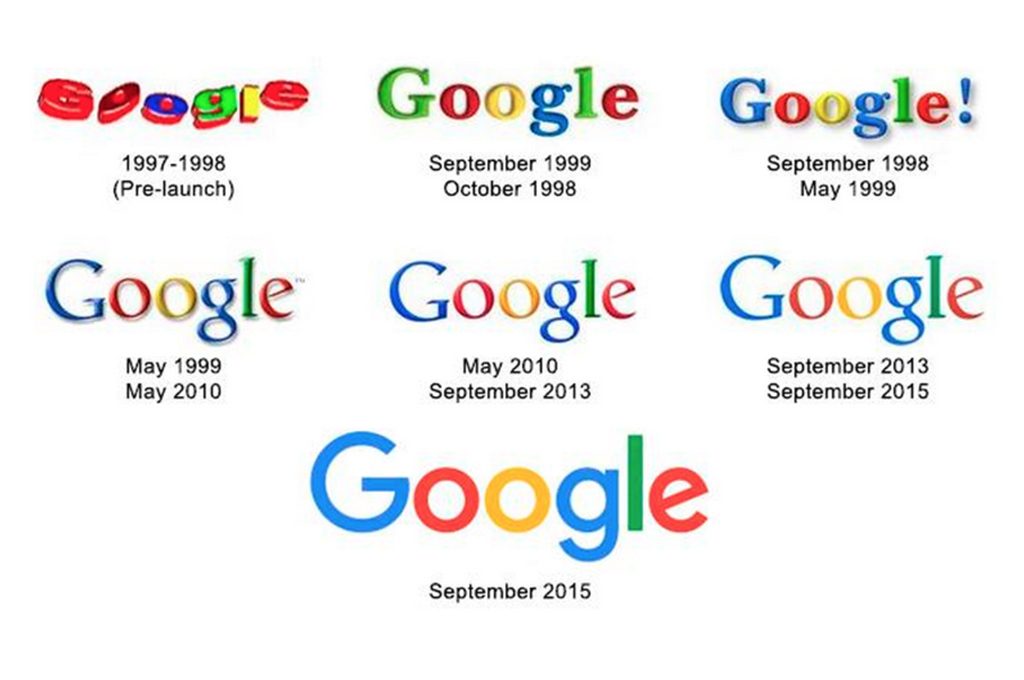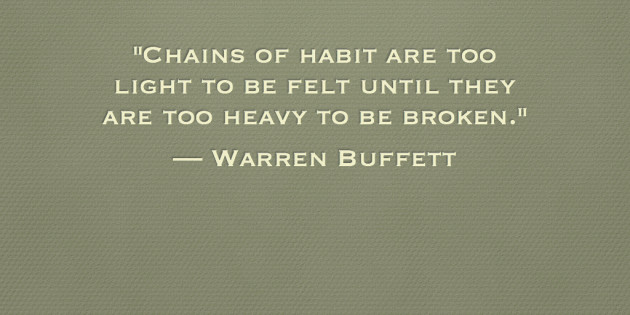We humans get used to things a certain way, get stuck in our ways, and changing our actions and views on things is really hard. We are stubborn creatures. We get stuck in routine, the way we see things, and despite there being “better” or “more efficient” ways of doing something, we fight it. Why? Because we are used to it. Remember when google changed their logo. I do. People lost their s#*t about it! Personally, I don’t really remember what life was like before the change.
 The same thing always happens with Facebook changes, YouTube, Slack, and basically all the platforms we are used to. And ultimately, it’s as if they know that we are idiots, will hate it at first, but then not remember how crappy it used to be like. I’ll bed they are recording us on a hidden camera and laughing their asses off at how ridiculous we are when we lose our minds over the smallest things.
The same thing always happens with Facebook changes, YouTube, Slack, and basically all the platforms we are used to. And ultimately, it’s as if they know that we are idiots, will hate it at first, but then not remember how crappy it used to be like. I’ll bed they are recording us on a hidden camera and laughing their asses off at how ridiculous we are when we lose our minds over the smallest things.
The exact same happened in the office when we switched over to Salesforce Lightning. I had just friggin got used to Salesforce and now you are going to make me use this newer clunkier version that won’t even le…. I don’t remember how there could have ever been another option of Salesforce that was not this!
But why is this happening
We Get Into Habits
Human nature is to try something and repeat what works, and stop what doesn’t. Not just humans, all species thrive off habits. When something just works for us, it’s hard to change. This is Malcolm Gladwells Blink. Thinking without thinking. Basically running on auto pilot. Or Nir Eyal’s, Hooked. Building habit forming products and how companies make us come back over and over again.
Habits are a powerful force of nature and drive most of what we do from morning routines, to sleeping patterns, to the foods we eat, to the stride in our step (I still avoid the cracks in the sidewalk, because its just a habit), how we sit, slouch, and even the way we eat.
Bad Habits are Easy
But there are also bad habits, which sadly for us, are often more obvious and glaring than good ones. The good habits often go unnoticed, because they just make things work. But the bad ones, like chewing out loud (you know who you are), nail biting (a nervous habit), leaving your back pack and shoes all over the floor (my kids), and all the other annoying ones that are hard to not notice, these are usually not a good thing. And they are so strong that the talmud even recognizes that when someone gets in the habit of a sin, it’s as though its no longer forbidden to him.
עולא אמר כדרב הונא דאמר רב הונא כיון שעבר אדם עבירה ושנה בה הותרה לו הותרה לו סלקא דעתך אלא נעשית לו כהיתר
When a person transgresses and repeats his transgression, it is permitted to him. The Gemara questions this statement: Can it enter your mind that the transgression is permitted to him because he has sinned twice? Rather, it becomes as if it were permitted to him, as he becomes accustomed to this behavior and no longer senses that it is a sin.
Kiddushin 40a
Because once someone is used to things a certain way, it becomes part of their daily routine and the way they normally behave and this is no longer viewed as sinful.

Changing Habits Can Be Done
That is not to say that that we can’t change bad habits. In fact, there are all sorts of antidotes on how to methodically go about changing or fixing our habits. Take for example the study that proved repeated exposure to vegetables increases the likability of the food. Basically, you can train yourself to enjoy a food by repeated tasting it 10 different times.
Changing habits can be done, but it’s hard.
But this is assuming there is a bad habit.
Avoid Creating Bad Habits In the First Place
The best way to avoid bad habits in the first place is to never create them. Do everything in your power to keep things on the right track from the get-go. It’s at the time when things are new and fresh, that they are like putty, easy to mold and do with it whatever you want. But then time kicks in, and it begins to harden, and once it hardens, that’s it.
It’s solid.
It’s stone.
It’s impossible to change without breaking it.
This is why, that short time when something is new is so crucial. It’s the time when it’s fresh. It’s why our children are so impressionable. It’s why puppies can learn so well.
New means opportunity.
Onboarding and Creating Positive Habits
This is what my team does at SimilarWeb. We are brought in at the most crucial time in the life cycle of a customer. The time when they are now, for the first time ever, given access to the product. The amazing product that they should be using to answer all their business questions. But they don’t yet know how.
And adopting a new technology is hard. So we are here to help and make it easier. Sometimes it means giving up a technology you are already comfortable with. Whatever the reason may be, this is a formative time where we can teach them how to use the product for their needs. We can help them learn how to not just navigate through the product, but what the flow should be like. Tips, tricks, anything that will make their lives better. That’s what we are there for and this is what we strive to do. To educate teams and help create healthy habits for them to improve their day to day and productivity at a time when it’s new and fresh.
The time is perfect to help build healthy sustainable habits.
Seize The Moment for Good Habits
Habits are a crucial part of our day to day lives. Without them, everything is happenstance and without structure. Even bad habits can be better than no habit, (depending on how bad it really is).
But the most crucial piece is to be open to improving and not being stuck in a routine. Be open to breaking a habit to making an even better one.
Even better yet, seize the opportunity when it arises to build the strongest and most positive habits from the start.
Blogging Challenge status: I spend a month thinking about this, and an hour writing it. 7 out of 12. 5 to go.